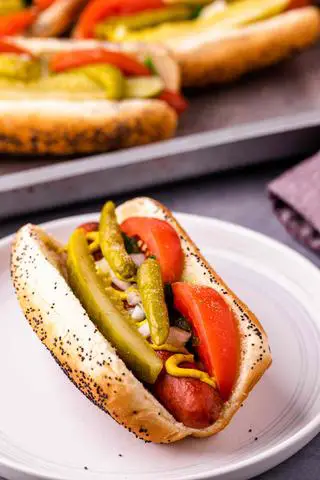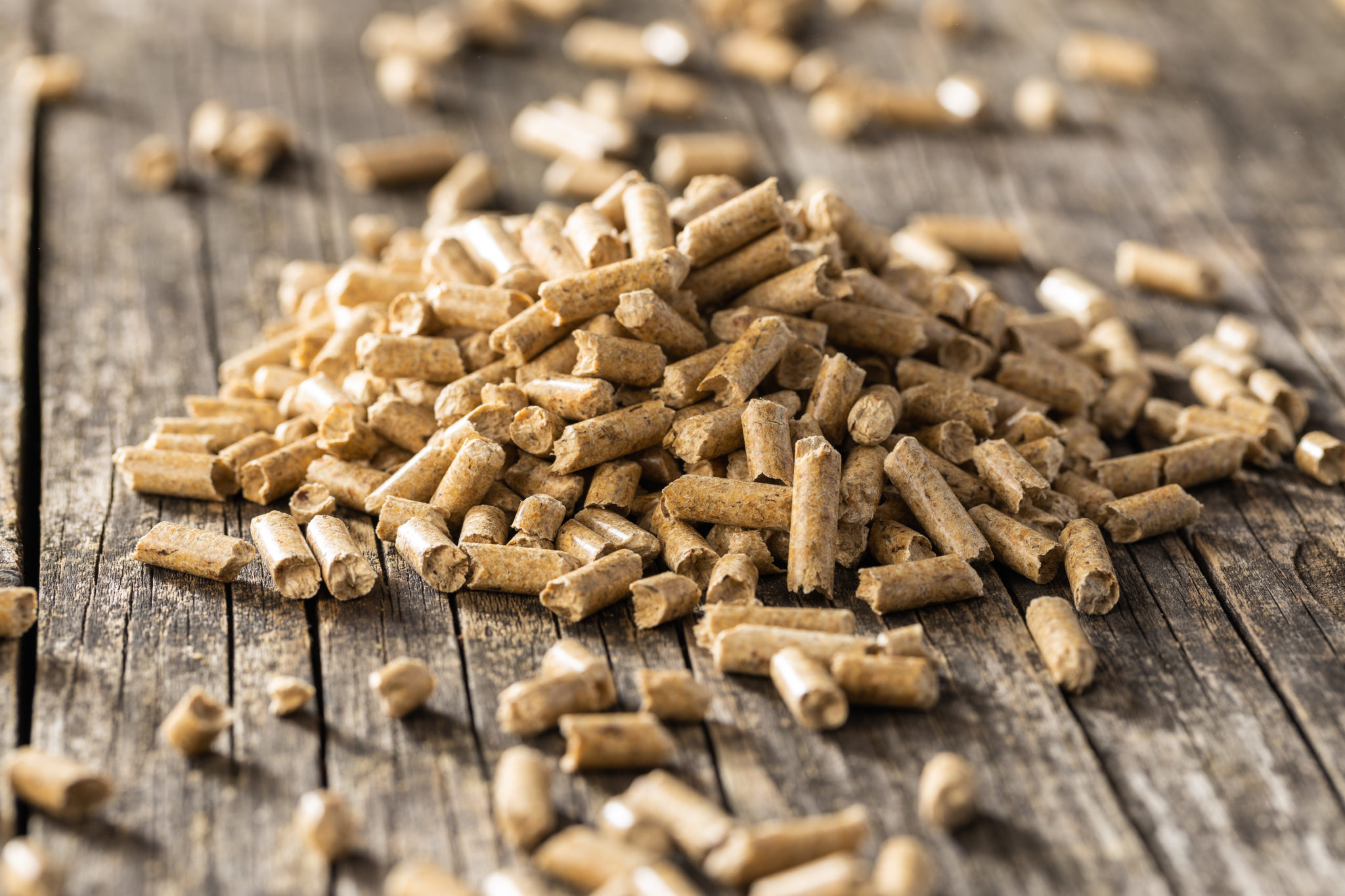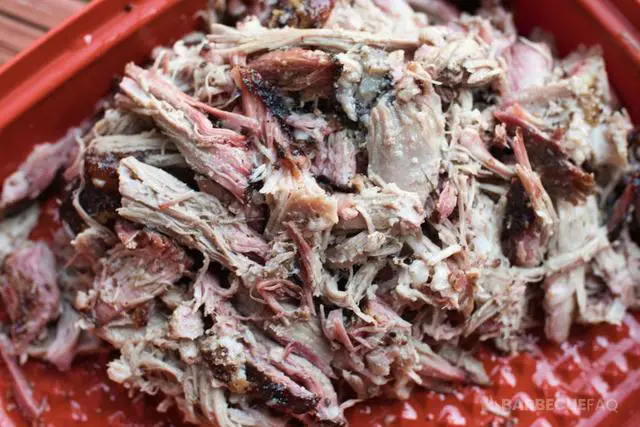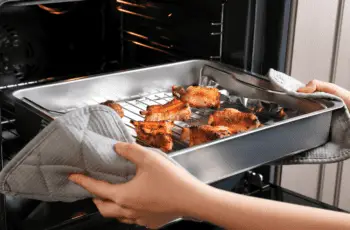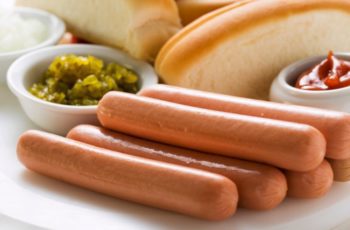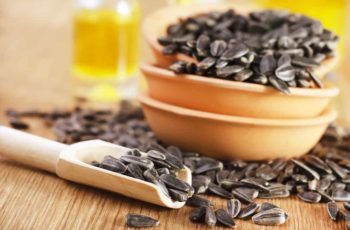
If you’ve ever eaten sunflower seeds, you know that the shell can be a little tough to chew. But can you eat sunflower seed shells? And are they healthy? In this blog post, we’ll answer all your questions about sunflower seed shells. Keep reading to learn more!

What is sunflower seed?
Sunflower seeds are the edible seeds of the sunflower plant. They can be eaten on their own as a snack or used as an ingredient in salads, trail mix, and more.
What is the nutritional value of sunflower seeds?
Sunflower seeds are a good source of vitamins, minerals, and antioxidants. They’re also a good source of protein and fiber. Additionally, sunflower seeds are low in saturated fat and cholesterol.
1 cup of sunflower kernels provides:
- Calories: 559
- Fat: 51 grams
- Protein: 21 grams
- Carbs: 36 grams
- Fiber: 10 grams
- Vitamin E: 37% of the RDI
- Manganese: 32% of the RDI
- Magnesium: 19% of the RDI
- Phosphorus: 18% of the RDI
- Selenium: 16% of the RDI
- Copper: 14% of the RDI
- Zinc: 13% of the RDI
- Folate: 11% of the RDI
- Vitamin B6: 10% of the RDI

Health benefits of sunflower seed:
Some of the potential health benefits associated with sunflower seeds include improved cardiovascular health, reduced inflammation, and protection against certain cancers. Additionally, sunflower seeds may help improve blood sugar control in people with diabetes and promote healthy skin and hair.
Can you eat sunflower seed shells?
Sunflower seeds have a white and grayish-black striped outer shell that holds a kernel. The kernel, or meat, of a sunflower seed is the edible part. It’s tan, soft to chew, and has a slightly buttery flavor and texture.
Whole sunflower seeds are often roasted, salted, and seasoned in their shells, and many people enjoy munching them this way. They’re a particular favorite at baseball games.
However, the shells have to be spit out and should not be eaten.
They’re not digestible and can be a choking hazard. So, if you’re eating sunflower seeds, make sure to remove the shells before swallowing.
So Why Can’t We Eat the Shell?
The sunflower seed shells are made of cellulose, a type of fiber that the human digestive system cannot break down.
Sunflower seed shells also contain tannins, which can cause an astringent taste in your mouth and make you thirsty. Tannins can also bind to other molecules in your food, making them less available for absorption. This is one reason why eating sunflower seeds may lead to dehydration.
Finally, sunflower seed shells may contain harmful compounds like cadmium and lead. While these levels are usually low, they could potentially build up in your body over time and lead to health problems.
So, can you eat sunflower seed shells? Technically, yes, but it’s not recommended. Eating the shells can cause dehydration and may also lead to gastrointestinal issues like constipation and indigestion. Additionally, sunflower seed shells may contain harmful compounds like cadmium and lead. It’s best to remove the shells before eating sunflower seeds.
Health risks of eating the shells:
While the shells of sunflower seeds are not poisonous, they’re not meant to be eaten. Eating them can cause digestive issues like stomach pain, constipation, and diarrhea.
Swallowing sunflower seed shells can also pose a choking hazard. If you have young children, it’s best to remove the shells before giving them sunflower seeds to eat.

What to do with the shells?
If you’re eating sunflower seeds, it’s best to spit out the shells. However, there are a few other uses for them as well.
They can be composted or used as mulch in your garden. Sunflower shells also make a great natural and biodegradable scrubbing material. Just add a little water to create a paste, and use it to scrub away dirt and grime.
You can also use them as a coffee or tea substitute: Just add a handful of shells to a cup of boiling water and let steep for 10 minutes.
Where Do Sunflower Seeds Come From?
Sunflower seeds come from the sunflower plant, which is native to North America. The plant was first cultivated by Native Americans and later brought to Europe by Spanish explorers in the 16th century.
Today, sunflower seeds are grown in many countries around the world, including the United States, Russia, Argentina, and China.
How Are Sunflower Seeds harvested?
The process of harvesting sunflower seeds begins with the flowers, which bloom in late summer. When the flowers are fully open and the backs of the heads are yellow, it’s time to harvest.
Once harvested, the heads are placed in a machine that removes the seeds from the head. The seeds are then cleaned and sorted before being packaged for sale.
How to store sunflower seeds?
Sunflower seeds can be stored in a cool, dry place for up to six months. If you plan on storing them for longer, it’s best to keep them in the fridge or freezer.
Roasted sunflower seeds will last for about two weeks at room temperature or up to six months if stored in the fridge or freezer.
Recipes with sunflower seed:
– Sunflower Seed Pesto
– Sunflower Seed Crackers
– Roasted Sweet Potato Wedges with Sunflower Seeds
– Sunflower Seed Butter
– Kale Salad with Sunflower Seeds
– Carrot Cake with Cream Cheese Frosting
– Sunflower Seed Chocolate Chip Cookies
– Sunflower Seed Brittle
– Honey and Sunflower Seed Granola

What is a shelled sunflower seed?
A shelled sunflower seed is a sunflower seed that has had its shell removed. Shelled sunflower seeds are often eaten as a snack, and they can also be used in recipes. Roasting or baking sunflower seeds can enhance their flavor, and they can be enjoyed plain or flavored with salt, spices, or other seasonings.
Are shelled sunflower seeds good for you?
Shelled sunflower seeds are a good source of vitamins, minerals, and antioxidants. They’re also a good source of protein and fiber. Additionally, shelled sunflower seeds are low in saturated fat and cholesterol.
FAQs
How many sunflower seeds should you eat a day?
There is no definitive answer, but a good rule of thumb is to eat no more than 1/2 cup (120 ml) per day. This amount will provide you with a good amount of nutrients without overdoing it on the calories.
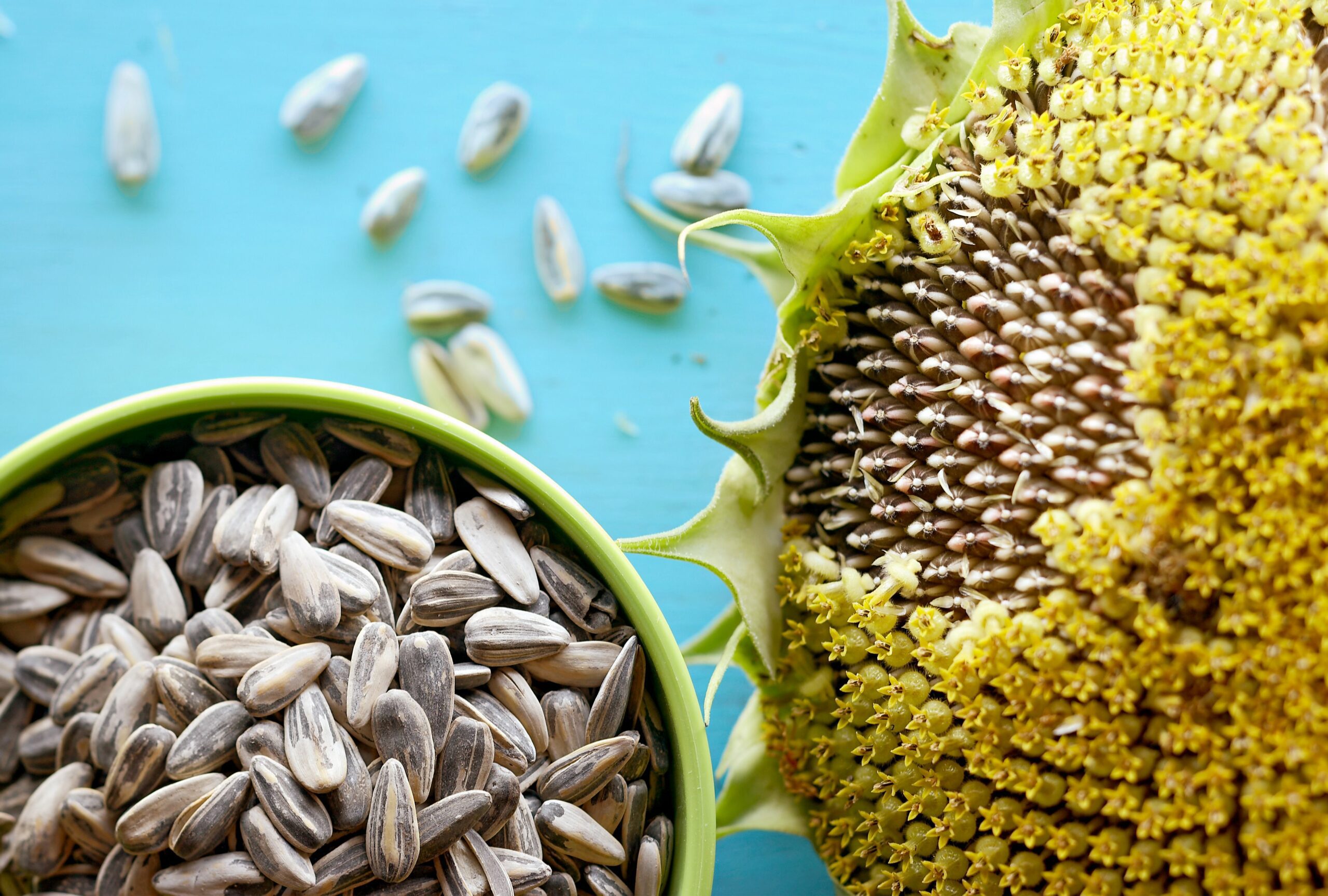
What are the benefits of eating sunflower seeds?
Sunflower seeds are a good source of vitamins, minerals, and antioxidants. They’re also a good source of protein and fiber. Additionally, sunflower seeds are low in saturated fat and cholesterol.
Are sunflower seeds fattening?
No, sunflower seeds are not fattening. In fact, they may even help with weight loss due to their high protein and fiber content.
Can you eat sunflower seeds if you have a nut allergy?
Yes, you can eat sunflower seeds if you have a nut allergy. Sunflower seeds are not actually nuts, but they are often grouped with nuts due to their similar appearance and taste.
Do sunflower seeds contain gluten?
No, sunflower seeds do not contain gluten. They are safe for people who have celiac disease or are otherwise sensitive to gluten.
What is the best way to eat sunflower seeds?
There is no one “best” way to eat sunflower seeds. Some people prefer to eat them whole, while others like to roast or bake them first. Sunflower seeds can also be used in recipes, such as pesto or cookies.
How long do sunflower seeds last?
Sunflower seeds can be stored in a cool, dry place for up to six months. If you plan on storing them for longer, it’s best to keep them in the fridge or freezer. Roasted sunflower seeds will last for about two weeks at room temperature or up to six months if stored in the fridge or freezer.
What does a sunflower seed plant look like?
A sunflower seed plant is a tall plant with large, bright flowers. The flowers have a dark center that is surrounded by petals that range in color from yellow to red. The back of each flower head is filled with green, brown, or black seeds.
can you eat sunflower seed shells while pregnant?
However, it is generally recommended that pregnant women avoid eating sunflower seed shells due to the risk of choking or ingesting hard-to-digest ingredients.
How To Roast Sunflower Seeds From The Garden?
The best way to roast sunflower seeds from the garden is in the oven. Preheat the oven to 350 degrees Fahrenheit. Spread the seeds in a single layer on a baking sheet and roast for 10 minutes, stirring once or twice during cooking. Remove from the oven and let cool before eating.
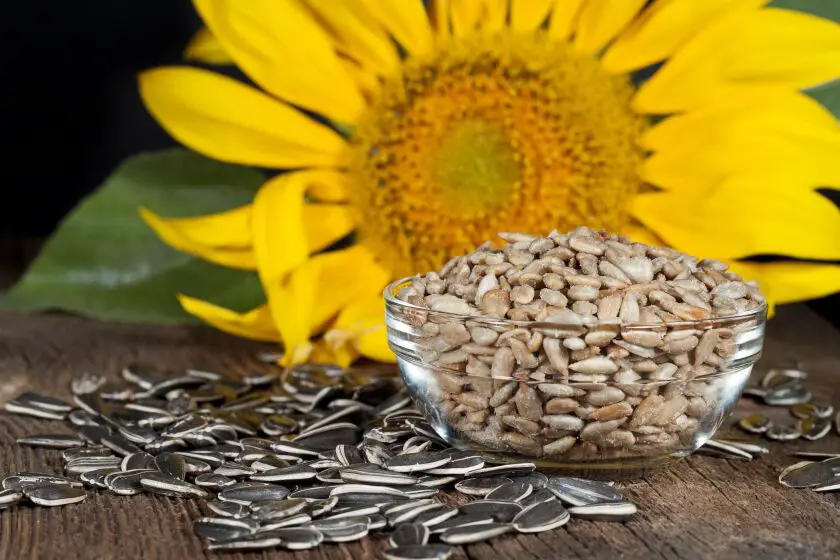
How Long Do Sunflower Seeds Last After Opening?
Sunflower seeds will last for about two weeks after opening if they are stored in a cool, dry place. If you plan on storing them for longer, it’s best to keep them in the fridge or freezer.
What is the difference between roasted and raw sunflower seeds?
Roasted sunflower seeds have been cooked in order to enhance their flavor. They are usually darker in color and have a slightly crunchier texture than raw sunflower seeds. Raw sunflower seeds are light in color and have a softer texture.
Are there any benefits to eating sunflower seed butter?
Sunflower seed butter is a good source of vitamins, minerals, and antioxidants. It’s also a good source of protein and fiber. Additionally, sunflower seed butter is low in saturated fat and cholesterol.
How long does it take for sunflower seeds to germinate?
It takes about 7-10 days for sunflower seeds to germinate. Once they have germinated, they can be transplanted into the garden.
How to Plant Sunflower Seeds?
Sunflower seeds can be planted directly in the ground or started indoors in pots. If you plant them directly in the ground, wait until the soil is warm and all danger of frost has passed. Sow the seeds ½ inch (1 cm) deep and 12 inches (30 cm) apart. If you start them indoors, sow the seeds ¼ inch (0.5 cm) deep and place the pots in a sunny location. transplant the seedlings into the garden when they are about 6 inches (15 cm) tall.
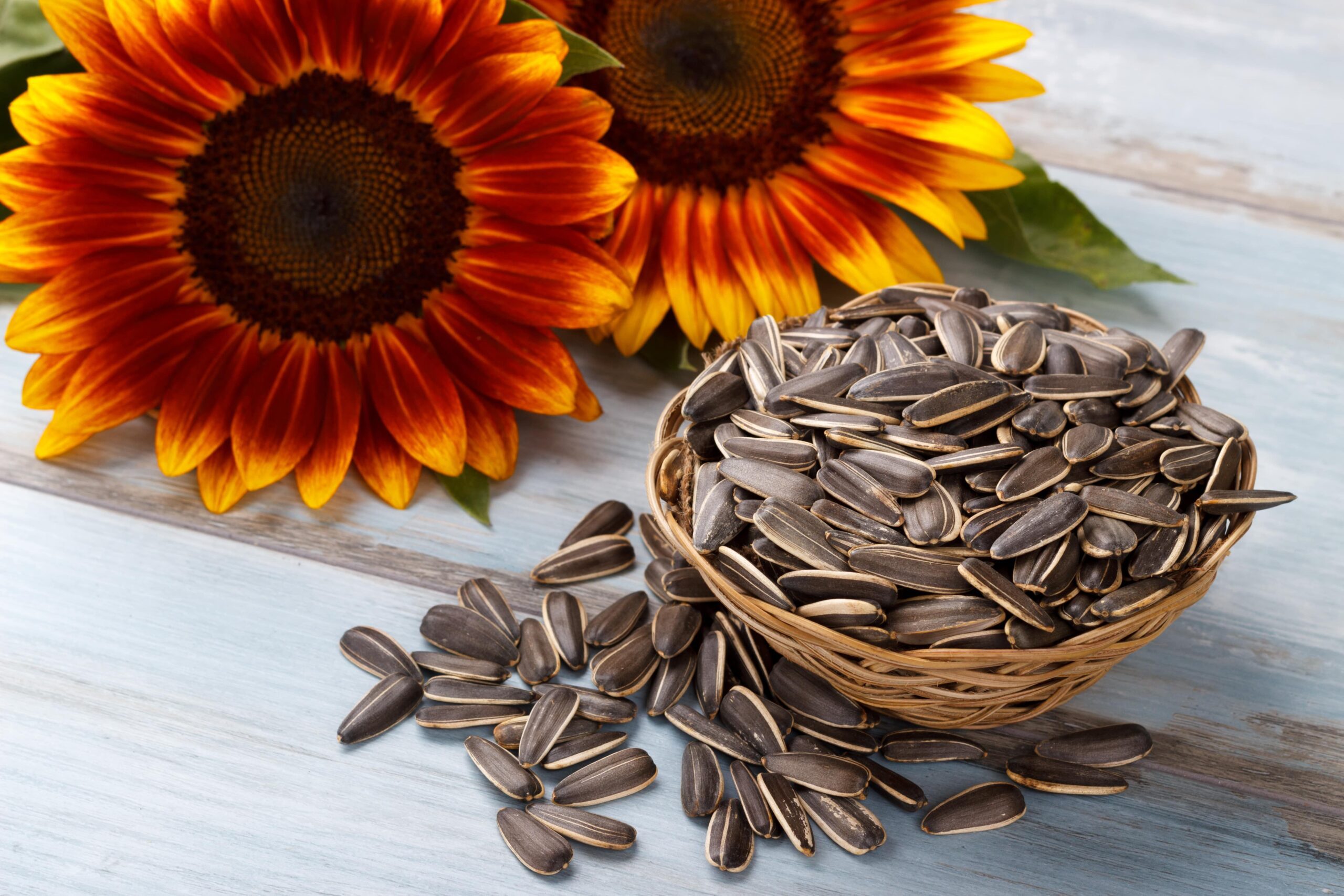
When Do Sunflower Seeds Bloom?
Sunflower seeds will bloom in late summer or early fall. The blooming period lasts for about two weeks.
Are Sunflower Seeds Vegan?
Yes, sunflower seeds are vegan. They do not contain any animal products and are safe for people who follow a vegan diet.
Can You Grow Sunflowers From Raw Sunflower Seeds?
Yes, you can grow sunflowers from raw sunflower seeds. Just plant the seeds in well-drained soil and give them plenty of sunlight. Water the seeds regularly and fertilize them every few weeks. You should see seedlings emerge in 7-10 days.
Are Sunflower Seeds Ok For Diabetics?
Sunflower seeds are a good source of protein and fiber. They also contain essential vitamins and minerals. Additionally, sunflower seeds are low in saturated fat and cholesterol. For these reasons, sunflower seeds are generally considered to be safe for people with diabetes.
Learn More About Grilling
If you want to learn more about grilling, check out these other helpful resources!

